Works with any game. Infinitely flexible. Hosted on your server.
Trade in your spreadsheets for a calendar designed exclusively for liveops campaigns. Choose when your content goes live and plan ahead using a calendar that puts you in control.
Explore pricingCreate hyper-personalized experiences by segmenting players with shared traits. Then send personalized content that your players care about.
Product tourEasily build events, battle passes, offers, messages, push notifications and more in just a few clicks.
Book a callEnjoy the power of UserWise while keeping your sensitive information secure.
Accelerate your release speed with streamlined tools that put you in control.
Frameworks connect your games unique events, offers, and other unique features.
Any game. Any platform. UserWise is compatible across all gaming platforms.
Personalization is key to growth and UserWise was built with personalization at its core.
Easy-to-use APIs and documentation for quick integration.

Choose from a variety of prebuilt components such as events, offers, messages, and more.

Set yourself free. One centralized platform for every stage of the player journey.

Powered by an easy to use interface that puts you in control. No need to bring a developer in to help.
Boost your team’s alignment, efficiency, and productivity with a commanding view of your campaigns.
Product tour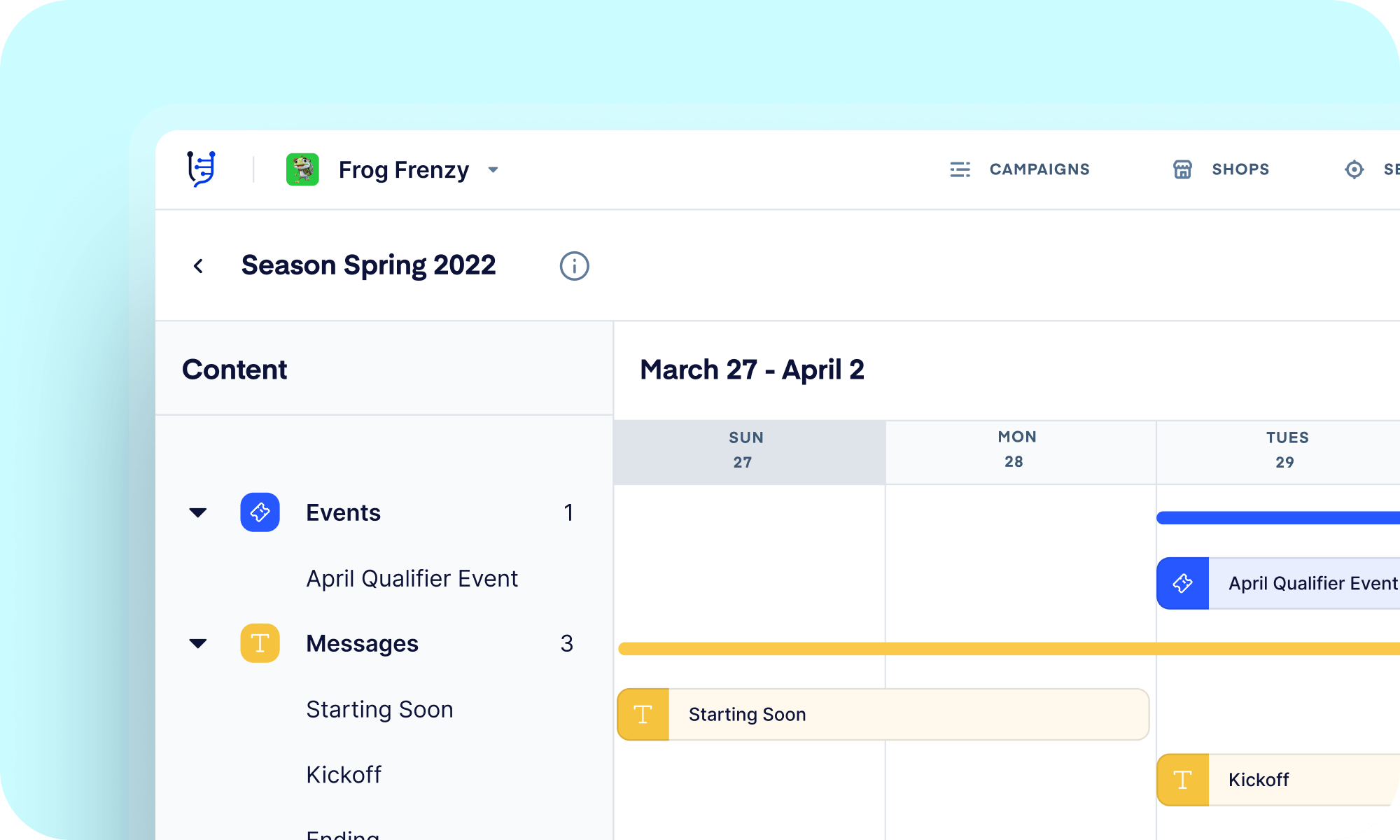
Use environments to test out the configuration for errors and test it against the development builds of your game.
Product tour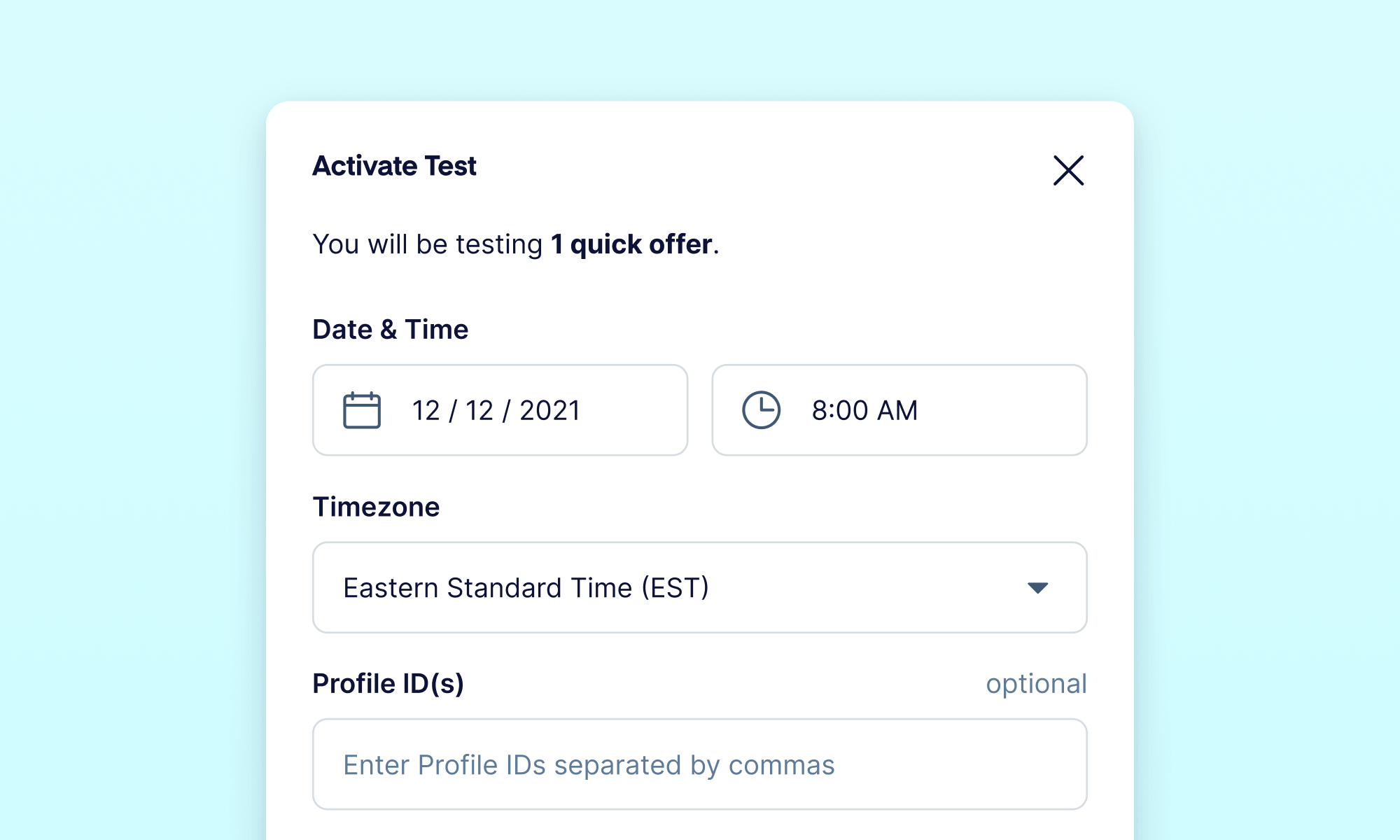
Save segment lists that will auto update as new players meet saved criteria.
Product tour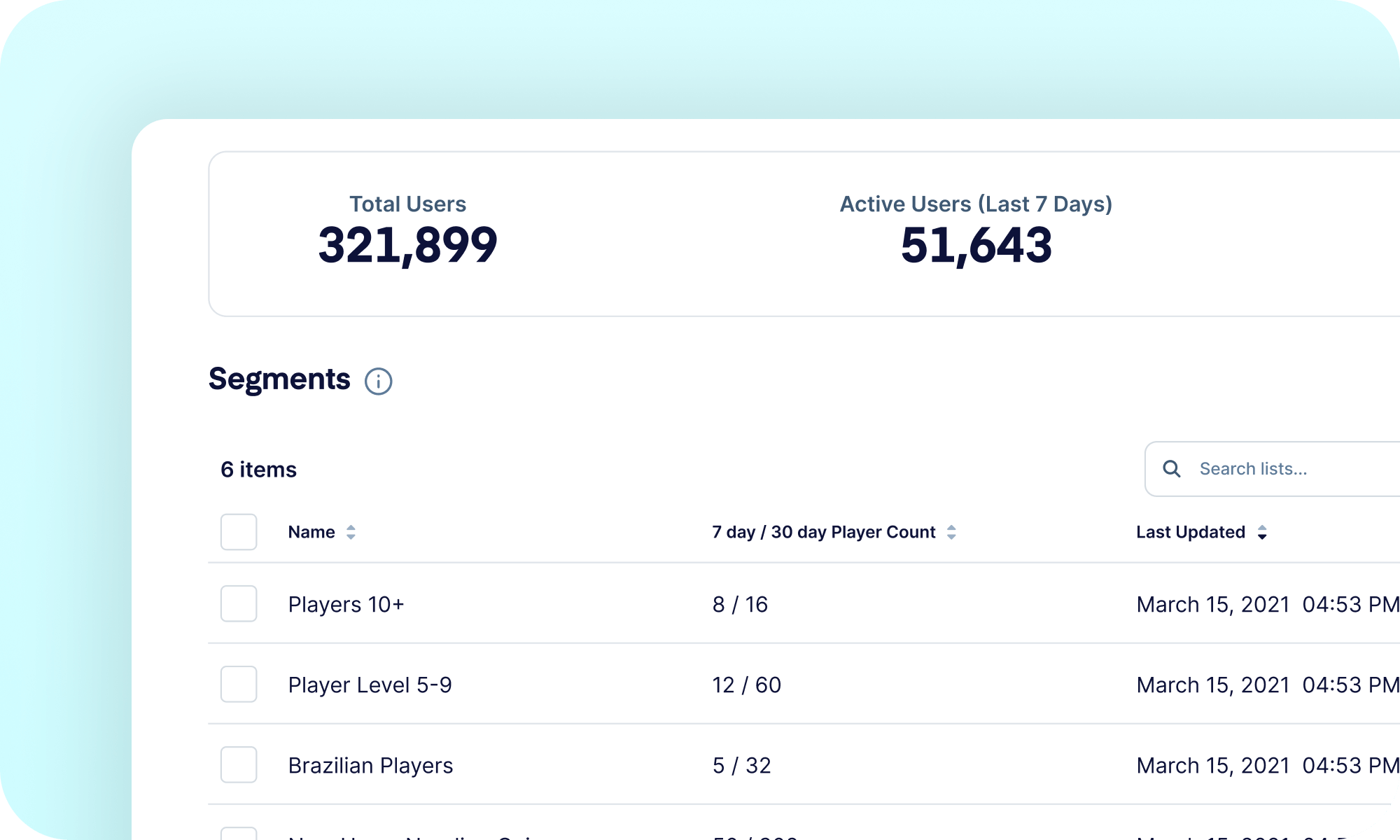
All the tools you need to submit bug tickets and assign testing environments to your team.
Product tour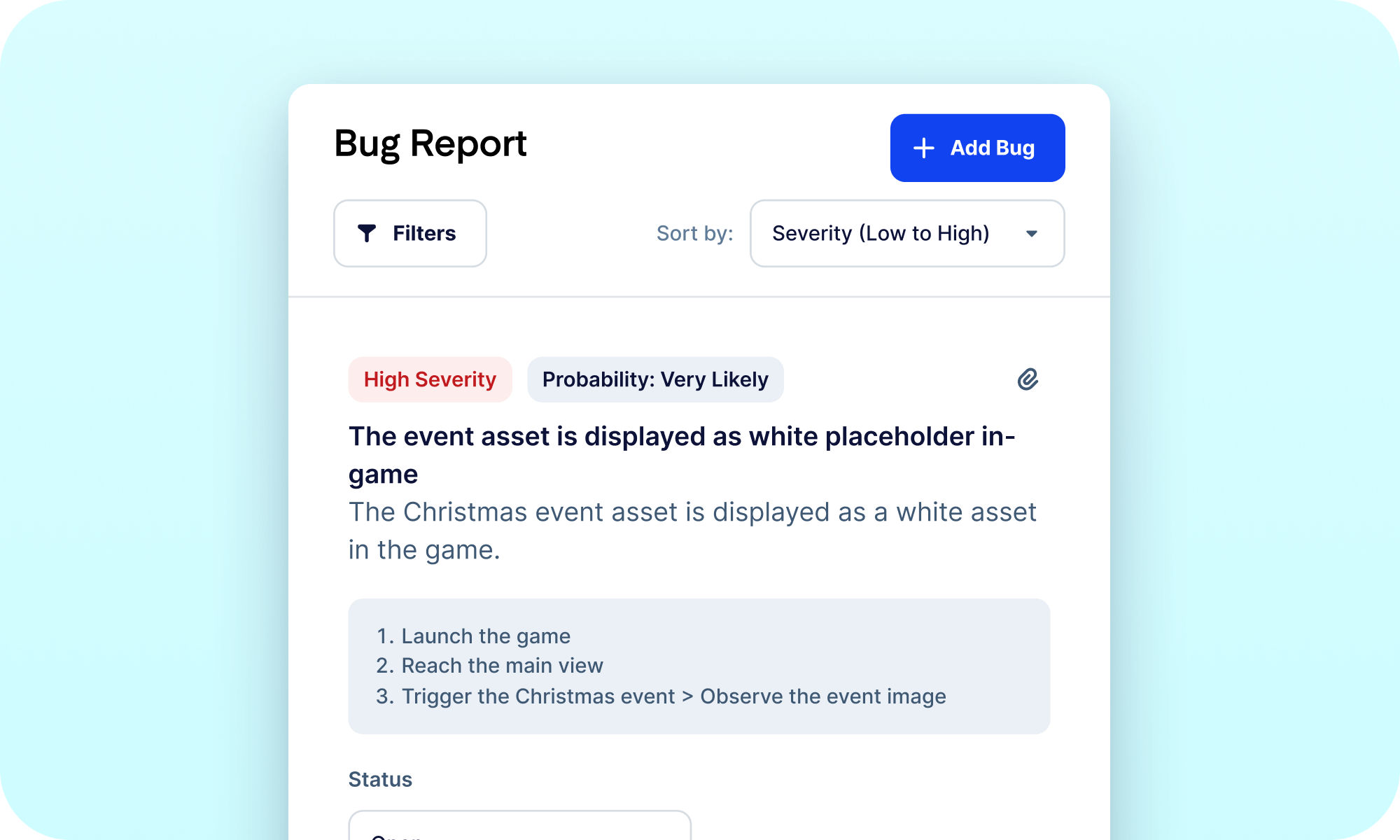
Frameworks are the building blocks to make customizable events, messages, offers, and more.
Product tour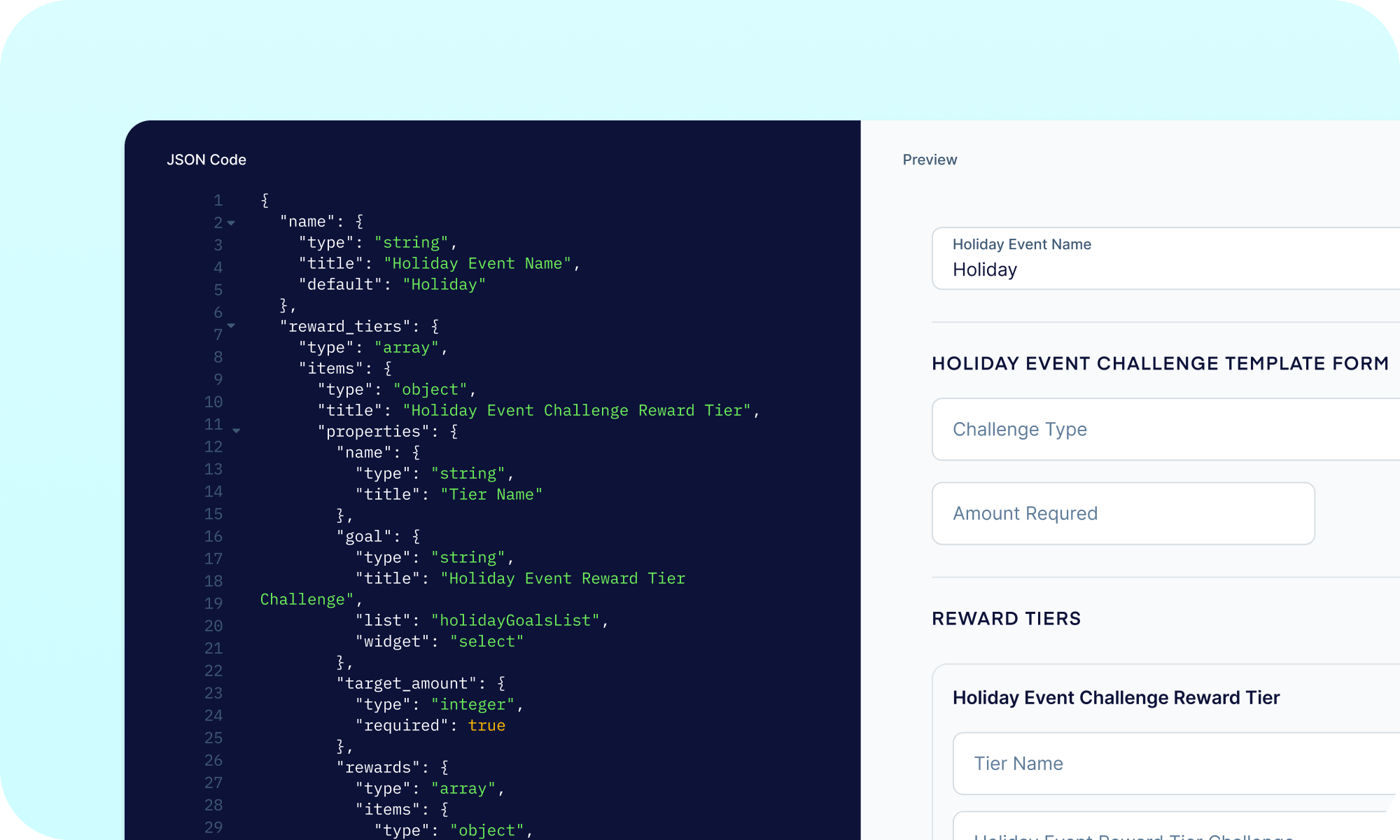


“Simply the fastest tool on the market to run your games liveops.”
Javier Barnes, F2P Game Specialist


“This is the liveops platform our team has been looking for.”
Justin Beck, CEO PerBlue

Retain Your IP

Boost your revenue

Focus on new projects

S-Tier Game Designers and Production Team

UserWise LiveOps Technology
Mastering Retention is a podcast hosted by LiveOps expert, Tom Hammond and UX Design expert, Niel Edwards. Tune in every week to hear their deconstructions of how top games are growing.
Listen to the latest